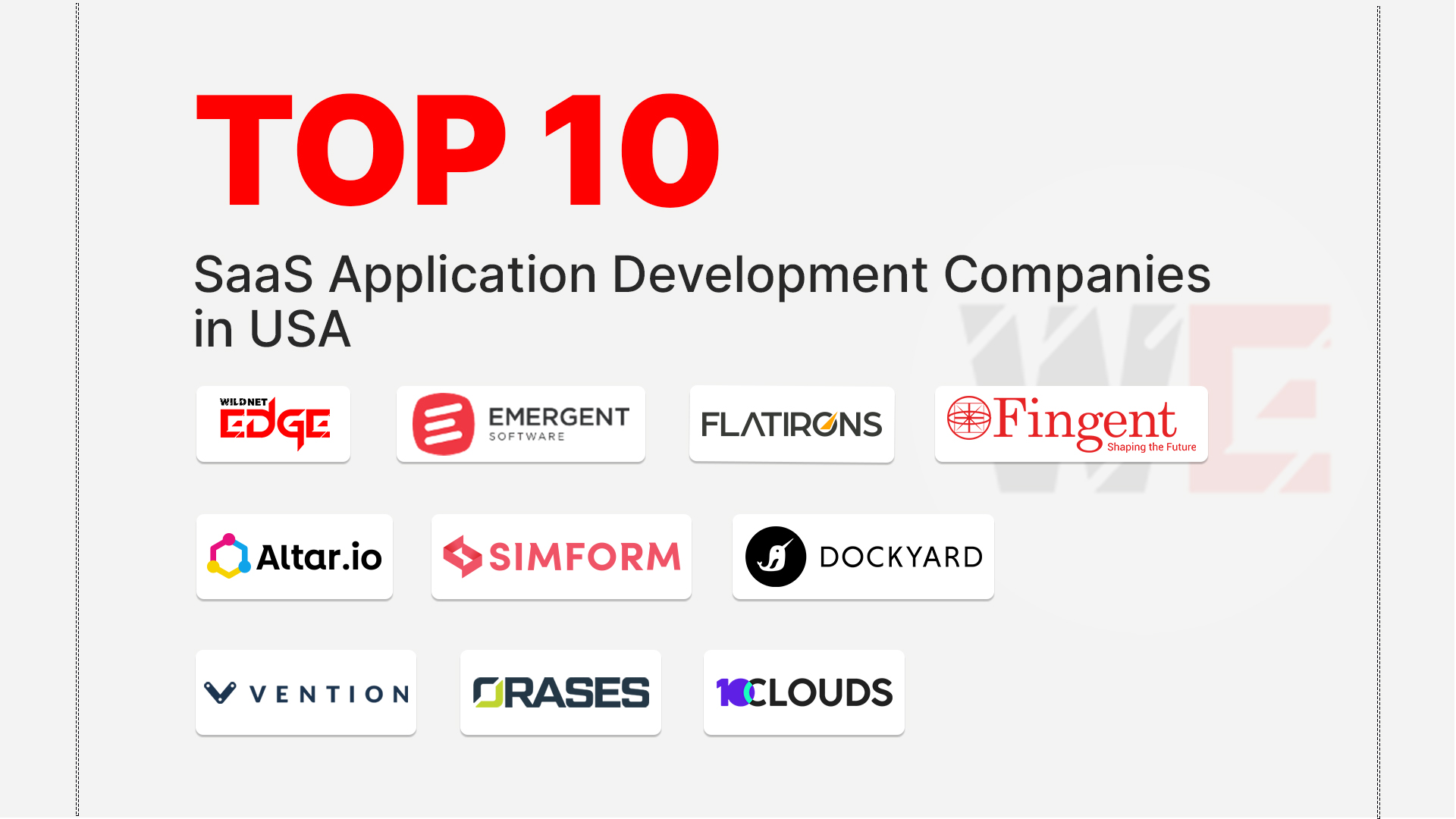Are you struggling to manage investments efficiently? With the increasing complexity of financial markets and the overwhelming amount of information available, many individuals find it challenging to keep track of their investments and make informed decisions. Robo-advisor app development offers an innovative solution tailored to meet the needs of modern investors. These intelligent platforms use algorithms and machine learning to automate investment processes, providing personalized strategies that were once the domain of traditional financial advisors.
The rise of AI investing has further enhanced these platforms, allowing for more sophisticated analysis and insights. Imagine being able to invest with confidence, knowing your portfolio is managed by cutting-edge technology that adapts to market conditions and your specific financial goals. Don’t miss out on how technology can simplify wealth management and empower you to achieve financial freedom.
Importance of Robo-Advisor App Development
What is a Robo-Advisor?
A robo-advisor is an online platform that provides automated investment management services. By utilizing algorithms and complex mathematical models, these applications assess clients’ financial situations and craft tailored investment portfolios. Key features of robo-advisors include:
- Automated Portfolio Management: Using algorithms to create and manage diversified portfolios.
- Risk Assessment: Evaluating users’ risk tolerance through questionnaires.
- Rebalancing: Automatically adjusting asset allocations as market conditions change to maintain target objectives.
Unlike traditional financial advisors, which typically require significant fees and a more personalized, in-person approach, robo-advisors democratize access to investment management. They make wealth management accessible to a wider audience by offering lower costs and streamlined services.
Evolution of Wealth Management Tech
The history of investing has undergone a tremendous transformation, especially with the advent of technology. Before the digital age, wealth management was primarily about face-to-face interactions with brokers and advisors, who dictated investment strategies based on their insights and expertise.
With the rise of the internet in the late 1990s, online trading platforms emerged, allowing individuals to execute trades independently. By the mid-2000s, robo-advisors began to enter the field, revolutionizing how individuals manage their investments. Today, AI and machine learning are at the forefront of these advancements, enabling even more nuanced approaches to portfolio management.
The influence of technology on investment strategies is significant. The ability to analyze vast data sets in real-time empowers these platforms to make quicker and more informed decisions, giving investors a competitive edge. This shift not only simplifies the investment process but also creates opportunities for improved returns.
Key Features of a Successful Robo-Advisor App
User-Friendly Interface
A user-friendly interface is crucial for the success of any robo-advisor app. Simplifying complex financial concepts into an intuitive design ensures that users of all experience levels feel comfortable navigating the app. This involves:
- Intuitive Navigation: Streamlined design that doesn’t overwhelm users with options.
- Visual Data Representation: Employing graphs and charts to provide insights without overwhelming jargon.
Top-performing robo-advisor apps, like Wealthfront and Betterment, highlight the importance of UX/UI design. Both platforms feature clean layouts that allow users to access vital information quickly. They provide educational resources that empower users to make more informed decisions, catering to audiences ranging from beginners to seasoned investors.
Advanced AI Algorithms in Investing
Integrating advanced AI algorithms into robo-advisors enhances the accuracy and efficiency of investment decisions. These AI systems analyze enormous amounts of data, consider economic indicators, and evaluate market trends to determine the best investment strategies, such as:
- Predictive Analytics: Foreseeing market movements based on historical data.
- Personalized Recommendations: Tailoring investment advice based on individual user profiles and financial objectives.
Statistically, research shows that AI-driven strategies can outperform traditional investing methods. For instance, a 2025 analysis revealed that AI-enhanced portfolios returned 25% higher yields on average over three years compared to those managed by human advisors. This highlights the competitive advantage of adopting AI investing in robo-advisory services.
Steps to Develop a Robo-Advisor App
Conduct Market Research
Before diving into robo-advisor app development, it’s imperative to conduct thorough market research. Understanding user needs ensures the product addresses real pain points. Key steps in conducting effective market analysis include:
- Surveys and Focus Groups: Gather insights from potential users to identify preferred features.
- Competitive Analysis: Examine existing robo-advisors to find gaps in their services that your app might fill.
Tools like Google Trends or SurveyMonkey can facilitate this research, allowing you to identify market demands and tailor your app to meet them effectively.
Create a Prototype
After identifying user needs through market research, it’s time to create a prototype for the robo-advisor app. Developing a minimum viable product (MVP) enables you to validate your idea before full-scale development. Key aspects of this process are:
- Wireframing: Establish the basic layout and user flow.
- User Testing: Initially test the prototype with a smaller audience to gather feedback and make necessary adjustments.
These steps are crucial as they help uncover usability issues and gauge the overall functionality early on. According to industry experts, apps that prioritize user feedback in their early stages tend to be more successful in the long run.
Regulatory and Security Considerations
Compliance with Financial Regulations
When developing a robo-advisor app, understanding and adhering to regulations is essential. Various financial regulations govern the robo-advisory space, including:
- Securities and Exchange Commission (SEC) Guidelines: Setting standards for investment advisors in the U.S.
- Know Your Customer (KYC) Regulations: Ensuring the identity verification of users to prevent fraud.
Failure to comply with these regulations can result in hefty fines and legal trouble, so it’s imperative to engage legal experts to guide the compliance processes and ensure your app meets all necessary criteria.
Data Security and User Privacy
With increasing digitization comes the responsibility of ensuring data security and user privacy. Protecting sensitive financial information is paramount. Strategies to ensure security and build user trust include:
- Encryption: Utilizing strong encryption protocols to protect data transmissions.
- Regular Audits: Regularly auditing and testing security measures to identify vulnerabilities.
Best practices such as implementing two-factor authentication can significantly enhance app security. Additionally, transparent communication about how user data is handled fosters trust, which is crucial in a sector that deals heavily with personal finance.
Marketing Strategies for Your Robo-Advisor App
Target Audience Identification
Identifying and understanding the demographics of potential users is critical for creating effective marketing strategies. Focus on segmentation based on factors like:
- Age Group: Distinguishing between millennials, Gen Z, and baby boomers to tailor messaging.
- Investment Experience: Crafting targeted campaigns for experienced investors versus novices.
By accurately defining your target audience, you can create personalized marketing campaigns that resonate with potential users’ pain points, needs, and preferences.
Utilizing Digital Marketing Techniques
In today’s digital age, leveraging various online marketing strategies is essential to promote your app effectively. Effective techniques include:
- Search Engine Optimization (SEO): Optimizing your app’s landing pages to rank higher in search engine results, helping potential users find your service.
- Content Marketing: Creating blogs, tutorials, and informative articles about investing to boost your authority and attract organic traffic.
Social media strategies play a crucial role in your campaign. By actively engaging with users on platforms like Instagram, LinkedIn, and Twitter, you can broaden your reach and build a community around your brand.
Future Trends in Robo-Advisor Technology
Integration of Blockchain Technology
Blockchain technology offers promising benefits for robo-advisors, primarily through enhanced security and transparency. Key advantages include:
- Secure Transactions: Enabling secure and tamper-proof investment transactions.
- Smart Contracts: Automating the execution of contracts based on pre-defined conditions, reducing overhead costs and increasing efficiency.
Potential use cases include allowing clients to track their investments in real-time and providing a decentralized exchange platform, fundamentally changing how assets are managed and traded.
AI’s Growing Role in Personal Finance
As AI technology continues to evolve, its role in personal finance will become increasingly significant. Emerging technologies that will shape investing strategies include:
- Natural Language Processing (NLP): Enhancing human-computer communication, enabling users to receive assistance via voice or chat.
- Machine Learning Enhancements: Improving predictive analytics to anticipate market movements even better.
Predictions suggest that by 2025, advancements in AI could lead to even more personalized investment strategies, making investing more accessible and understandable for novice investors.
Conclusion
In summary, robo-advisor app development plays a significant role in reshaping how individuals manage their wealth in this fast-paced financial landscape. Adopting AI investing enables both seasoned and novice investors to make smarter financial decisions tailored to their unique goals. Trust Wildnet Edge for innovative solutions on your journey to develop a cutting-edge robo-advisor app that integrates the latest technology trends.
The future of investing is digital, and with the right strategy and tools, you can navigate this exciting landscape with confidence. Don’t hesitate to explore the endless possibilities of technology in your wealth management journey!
FAQs
Q1: What are the benefits of using a robo-advisor app?
Robo-advisor apps provide low-cost, automated investment management tailored to your financial goals, allowing for easy and efficient portfolio management.
Q2: How does AI improve investing in robo-advisors?
AI analyzes vast data sets to identify trends, optimize investment strategies effectively, and provide personalized insights.
Q3: What steps should I follow for successful robo-advisor app development?
Conduct thorough market research, create a prototype, ensure compliance with regulations, and focus on security and user experience.
Q4: What regulations affect robo-advisor app development?
Developers must comply with financial regulations like SEC guidelines and data privacy laws to ensure legal and ethical standards.
Q5: What future trends will shape robo-advisor technology?
Future trends include greater integration of AI, enhanced user experiences, and the potential application of blockchain technology to secure transactions and provide transparency.

Nitin Agarwal is a veteran in custom software development. He is fascinated by how software can turn ideas into real-world solutions. With extensive experience designing scalable and efficient systems, he focuses on creating software that delivers tangible results. Nitin enjoys exploring emerging technologies, taking on challenging projects, and mentoring teams to bring ideas to life. He believes that good software is not just about code; it’s about understanding problems and creating value for users. For him, great software combines thoughtful design, clever engineering, and a clear understanding of the problems it’s meant to solve.
 sales@wildnetedge.com
sales@wildnetedge.com +1 (212) 901 8616
+1 (212) 901 8616 +1 (437) 225-7733
+1 (437) 225-7733















 ChatGPT Development & Enablement
ChatGPT Development & Enablement Hire AI & ChatGPT Experts
Hire AI & ChatGPT Experts ChatGPT Apps by Industry
ChatGPT Apps by Industry ChatGPT Blog
ChatGPT Blog ChatGPT Case study
ChatGPT Case study AI Development Services
AI Development Services Industry AI Solutions
Industry AI Solutions AI Consulting & Research
AI Consulting & Research Automation & Intelligence
Automation & Intelligence















